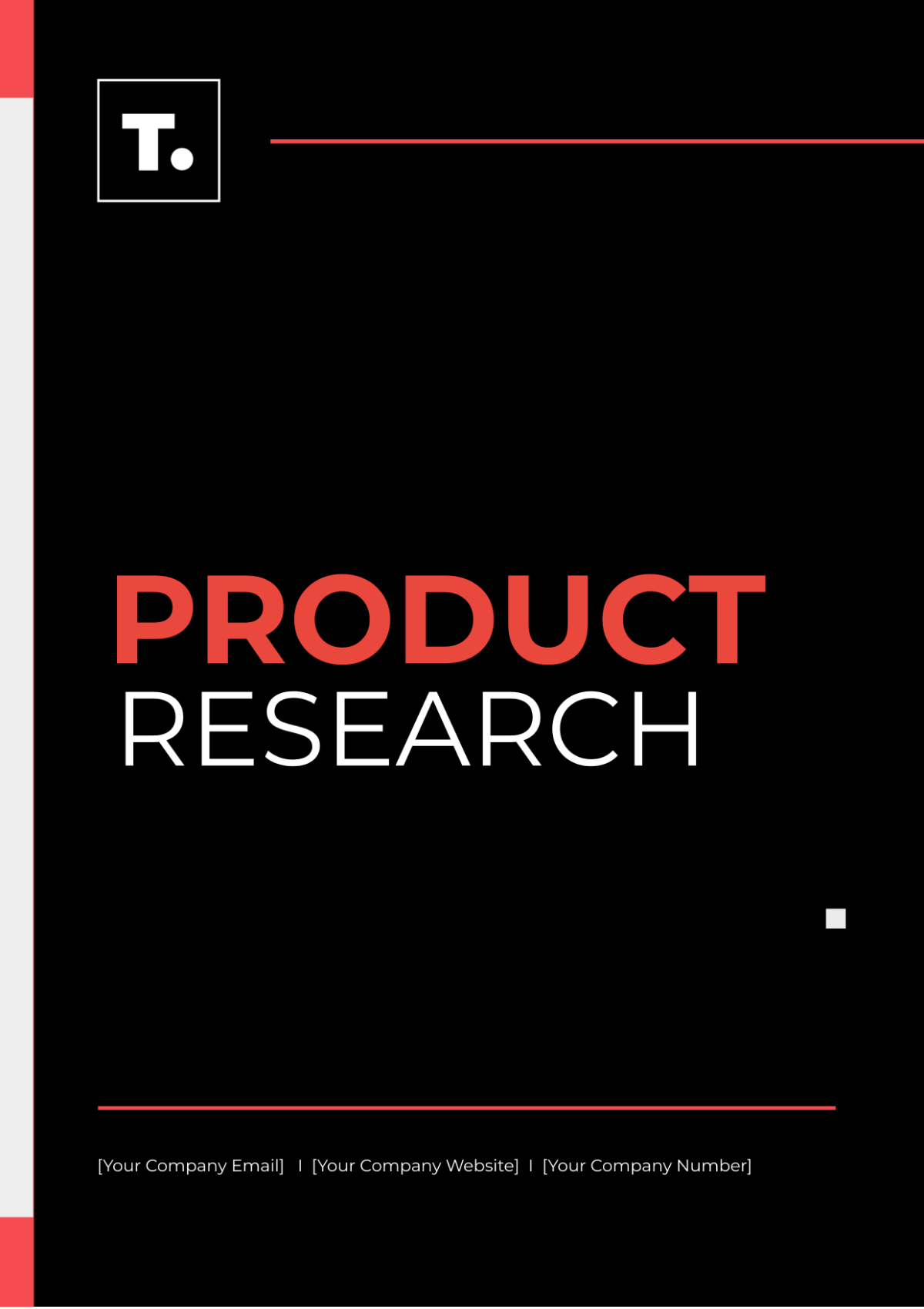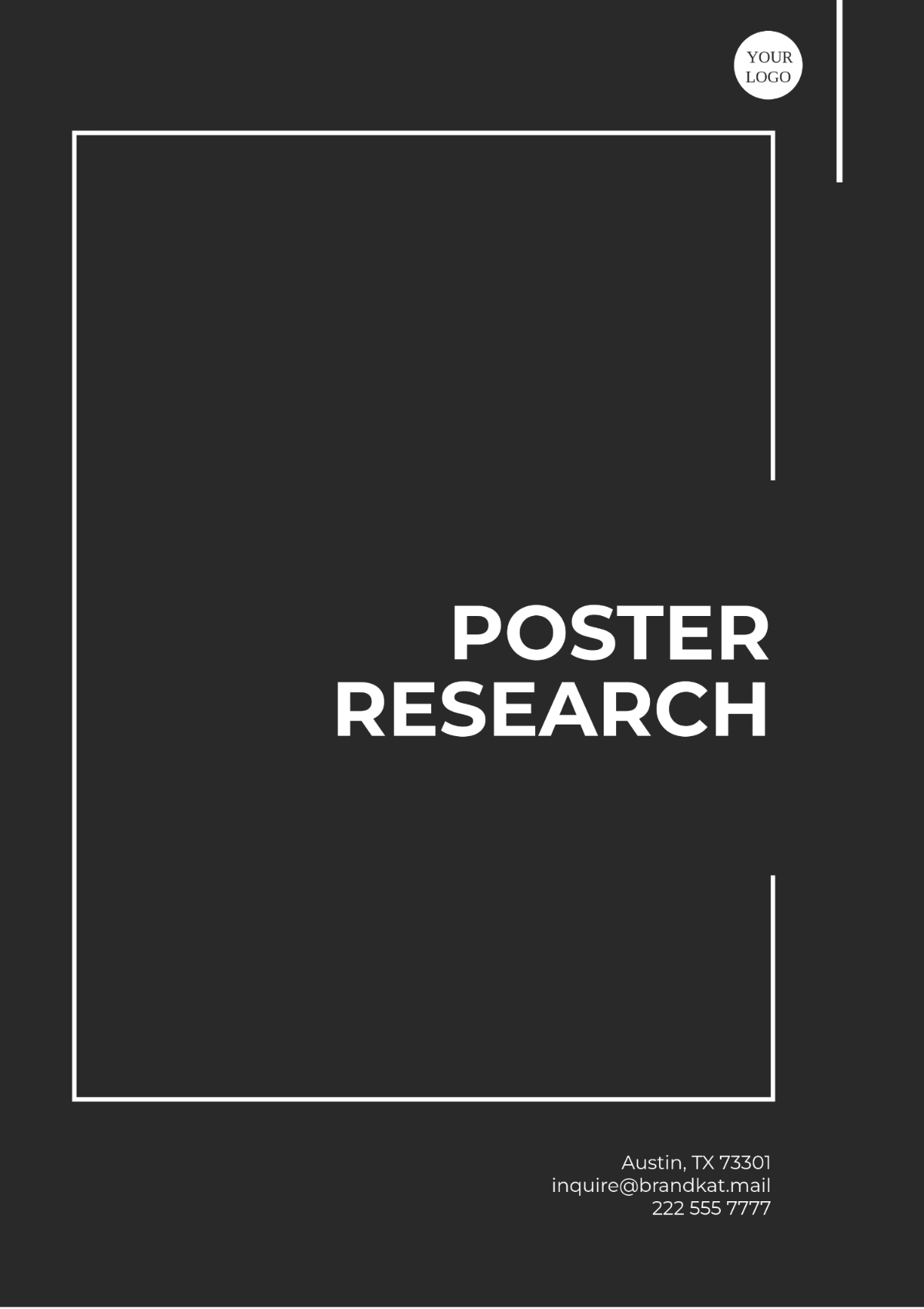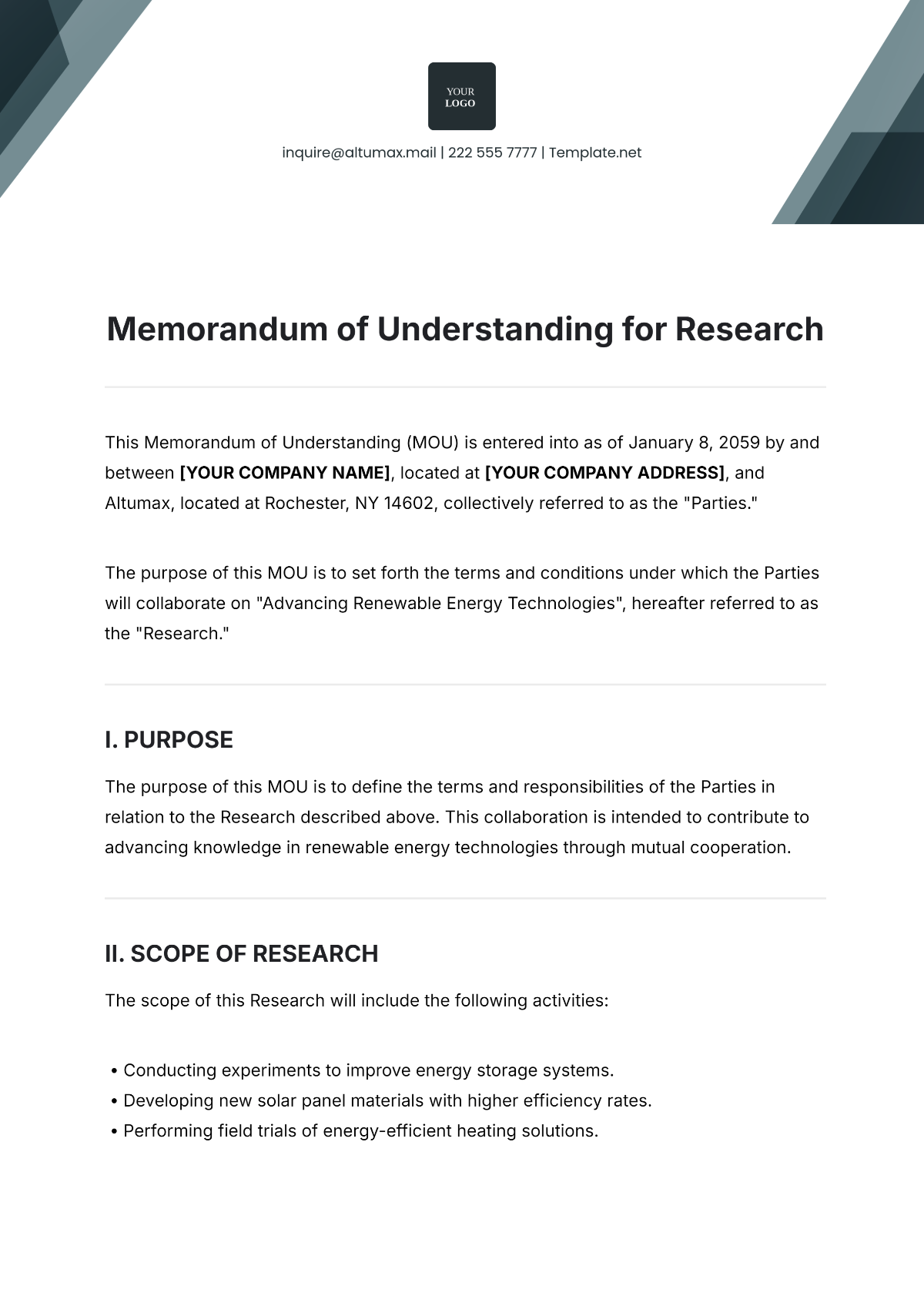Laboratory Observational Study
Title: An In-Depth Exploration
Date: [Date]
Introduction
Laboratory observational studies provide a rigorous framework for examining behavioral and physiological responses within a highly controlled environment. This methodological approach ensures precision and control, allowing researchers to isolate variables effectively and establish robust causal relationships.
Methodology
Participant Selection
The selection process is pivotal to the integrity of a laboratory observational study. Participants are chosen based on stringent criteria tailored to the research objectives:
Inclusion Criteria: Specific characteristics required for study inclusion, ensuring participants align with the research focus.
Exclusion Criteria: Characteristics that disqualify individuals, preventing confounding variables and ensuring a homogenous sample.
Controlled Environment
A meticulously controlled environment is essential for accurate observations and data collection. Key elements include:
State-of-the-Art Laboratory Setup: Equipped with advanced technology to facilitate precise measurements.
Temperature and Lighting Control: Regulated to prevent environmental factors from influencing results.
Soundproofing: Ensures that external noise does not interfere with observations.
Data Collection Techniques
Various sophisticated data collection methods are employed to capture comprehensive data:
Technique | Description |
|---|---|
Video Recording | Documents participants' behaviors and reactions for detailed analysis. |
Biometric Sensors | Monitors physiological responses, such as heart rate and skin conductance. |
Observer Notes | Records real-time observations and nuances that might not be captured by other methods. |
Advantages of Laboratory Observational Studies
Laboratory observational studies offer several advantages that enhance the reliability and validity of research findings:
Control Over Variables: Researchers can manipulate and control environmental conditions to isolate specific variables.
Replication: The controlled setting facilitates replication, enhancing the credibility of findings.
Advanced Measurement Tools: Utilization of cutting-edge technology for accurate and precise data collection.
Challenges and Limitations
While advantageous, laboratory observational studies face certain challenges:
Artificial Environment: The controlled setting may not fully replicate real-world conditions, potentially affecting the generalizability of findings.
Participant Behavior: Awareness of being observed can lead to behavioral changes, which might skew results.
Cost: Maintaining a sophisticated laboratory environment incurs significant expenses.
Applications
Laboratory observational studies are versatile and applicable across various fields:
Psychology: Analyzing behavioral responses to stimuli and interventions.
Medicine: Evaluating physiological reactions to medical treatments or procedures.
Marketing: Investigating consumer behavior and preferences in a controlled setting.
Conclusion
Laboratory observational studies are an invaluable tool in scientific research, providing a controlled setting to investigate complex phenomena and derive reliable data. Despite inherent limitations, the methodological advantages often outweigh these challenges, cementing their role as a cornerstone of empirical research.
References
Smith, J. A. (2051). Research Methods in Psychology. New York: McGraw-Hill Education.
Brown, L. T., & Johnson, K. R. (2052). Laboratory Observational Studies: A Comprehensive Guide. Journal of Experimental Psychology, 55(2), 112-125.
Williams, D. P., & Clark, M. S. (2054). Advanced Techniques in Experimental Psychology. London: Sage Publications.

















































